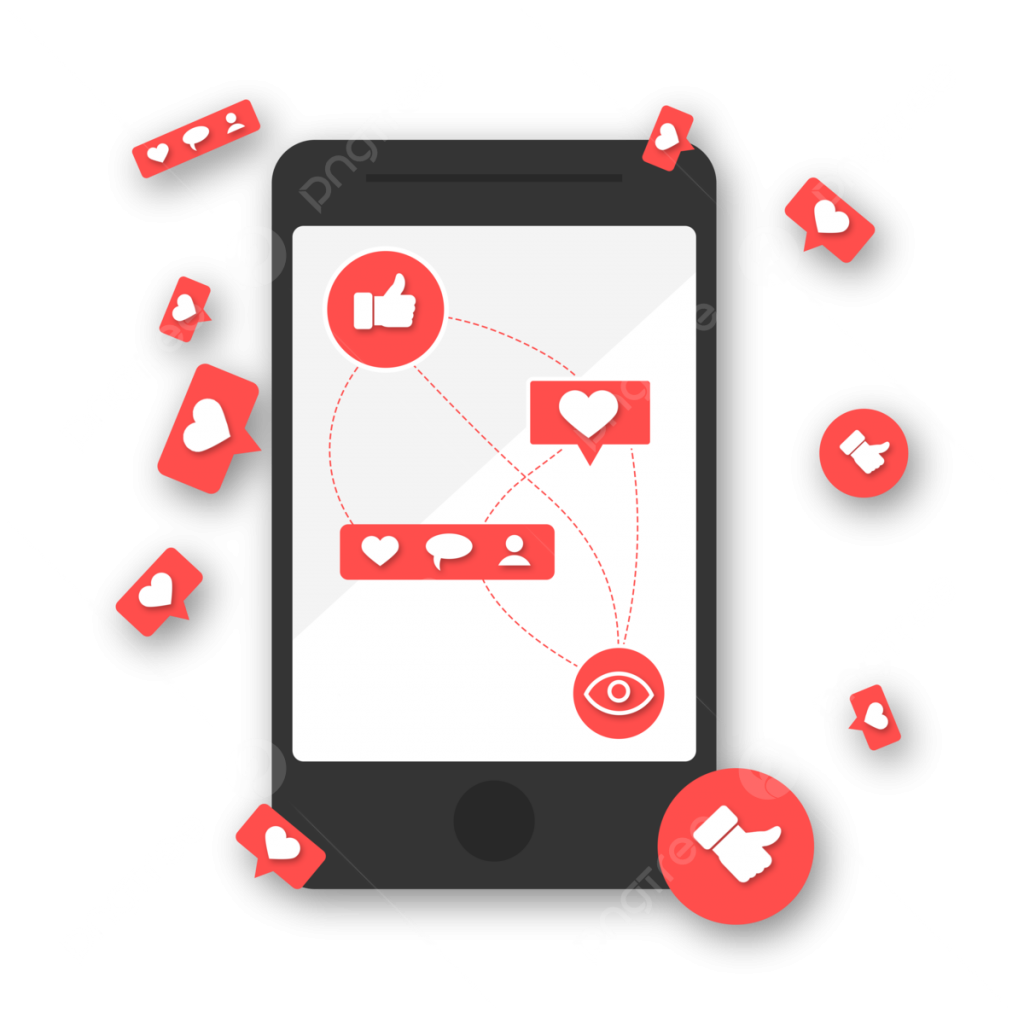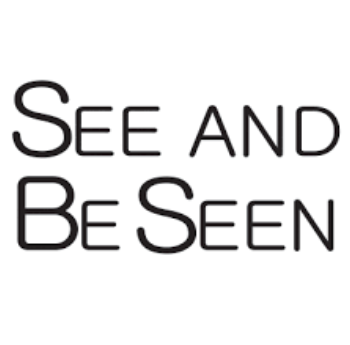I started using the Internet very early. But it wasn’t until I was around nine that I really began meeting people online. At school, I was going through a long, exhausting period of bullying. When I tried to seek help, the teachers saw me as a troublemaker — even when I was the one being hurt — and my family thought it was nothing serious. Those two years felt like living in constant fear. I dreaded going to school. I stopped speaking. I thought, maybe it’s really just me against the world.

And then, I found the Internet.
Back in 2007, the online world still felt simple — almost pure. My first online “home” was Baidu Tieba, a forum that was full of fan communities, stories, and endless conversations. It was there that I started writing fanfiction, not as a hobby, but as a form of self-expression and survival. Writing gave me a voice again. Through shared fandoms and fictional worlds, I met other people who felt like outsiders too. We exchanged stories, ideas, emotions — sometimes silly, sometimes painfully real. Even though we were only a series of usernames and profile pictures, the connection felt genuine.

It was ironic that I found friendship online, where no one knew my real name, but not in the classroom, where everyone did. But maybe that’s part of what the Internet allows us to do — to redefine who we are and how we are seen. Offline, I was the quiet kid sitting in the corner. Online, I could be a writer, a friend, a person with something to say. The Internet became a mirror, but also a mask: it reflected what I wanted to be, and sometimes protected me from what I feared being.
Over time, though, the digital landscape changed. Platforms grew bigger, algorithms got smarter, and the line between connection and performance started to blur. What used to be a safe haven for self-expression turned into a space where visibility is currency. Likes, follows, and shares began to measure worth. We no longer simply “play” ourselves — we perform ourselves.

This makes me think of Erving Goffman’s idea of the “presentation of self.” In social life, he said, we constantly perform for others, like actors on a stage. On the Internet, that stage has expanded infinitely. Every post, every comment, every selfie becomes part of our performance — a crafted version of who we want others to see. Yet behind these performances, we are still searching for the same thing I searched for as a child: to be understood, to belong.
Still, I can’t deny what the Internet has given me. It has shaped my identity, my friendships, even my sense of language and creativity. Without it, I might never have discovered writing as a form of healing. I might never have met the people who taught me that kindness can exist even between strangers far away.
The role we play on the Internet, then, is not just about who we pretend to be, but also who we allow ourselves to become. We are constantly negotiating and struggling between authenticity and appearance. Sometimes we hide, sometimes we reveal — and both are valid ways of surviving in the digital world.
When I think back to that nine-year-old version of myself, sitting in front of the computer in silence, I realize that the Internet didn’t just connect me to others — it connected me to a future self I hadn’t yet become.

Maybe that’s the truest role we all play online:
to find pieces of ourselves in others, and to remind one another that even behind the screens, we are all human — still learning how to be seen.
_______________________________________________________________________________________________________________
Reference
Goffman, E. (1959). The Presentation of Self in Everyday Life. New York: Anchor Books.
Turkle, S. (1997). Life on the Screen: Identity in the Age of the Internet. New York: Simon & Schuster.



What a beautifully written piece *happy crying emoji*
I’m truly sorry that you’ve experienced such a childhood, but I’m glad that you’ve found the Internet as a platform to feel some sort of escape and as a platform to develop yourself.
The Internet is such a complex and contradictory site.
I’m so sorry you went through such difficult moments 🙁 I could relate a lot to your blog, specifically this part “Offline, I was the quiet kid sitting in the corner. Online, I could be a writer, a friend, a person with something to say. The Internet became a mirror, but also a mask: it reflected what I wanted to be, and sometimes protected me from what I feared being.” Nowadays we tend to criticize the internet and its effects on our behaviors, but it really started as a happy hideaway to a lot of us, maybe it still is. Sometimes it hurts me to think that the playground that was the friendliest to me in my youth is now considered to be causing damage to society. It really puts things into perspective and shows how easily ambiences can change.
It’s hard to believe you had to go through all of that at 9. But I’m glad to read that you still found a safe place where you could really be who you are. I also found this story very interesting because of the point of view you’re offering. I started using the internet and creating connections with other users much much later, so I didn’t really see those changes that brought many many more people online and made the algorythms better. But it’s really interesting to read about the point of view of someone who saw these changes happening. I can imagine it must’ve been hard seeing your safe space change drastically, and becoming a very dangeruous space for other people. I’m glad you voiced how it felt like to see these changes happening.
Baidu Tieba was also my earliest online home. It’s possible that long before becoming classmates, we had already crossed paths online years ago. While reading your piece, I kept thinking that online space and offline life have never truly been opposites. Living online does not mean escaping reality. For many people today, it is a way of re-entering reality. I loved how you placed the “mirror” and the “mask” together. In your description, the mask becomes a layer of protection that allows a wounded person to slowly heal. Many critiques of online performance ignore this dimension, treating all performance as unreal. But sometimes performance is how a person practices becoming themselves.